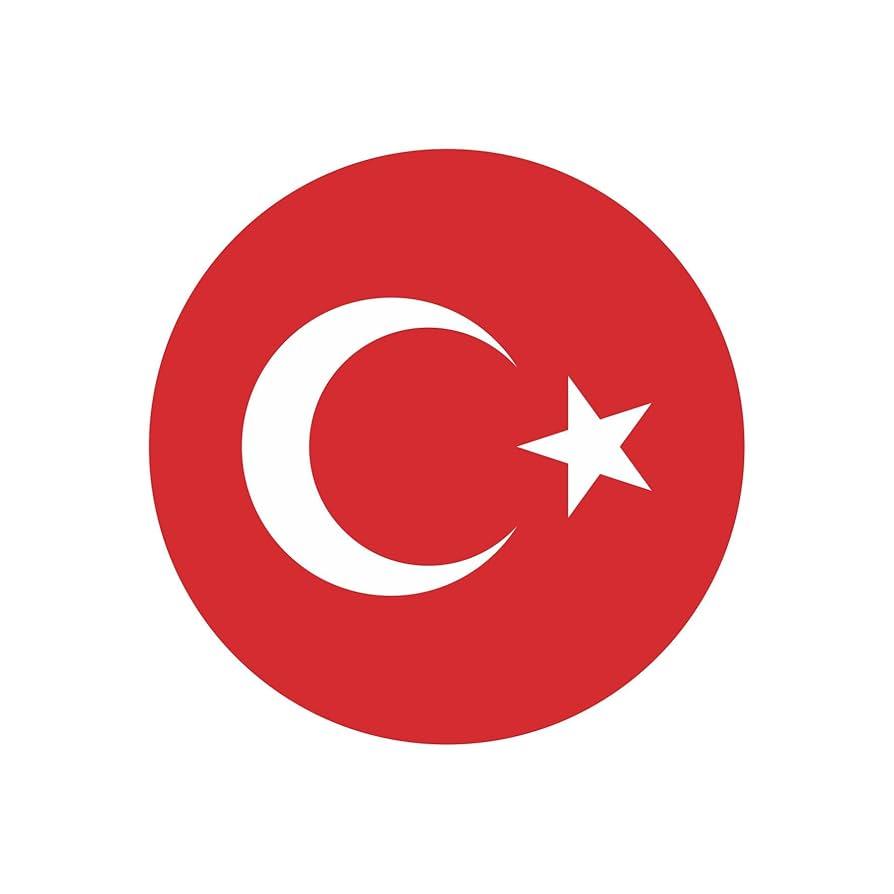In a notable development regarding the ongoing conflict in Ukraine, the Turkish presidential administration has confirmed that Türkiye is not planning to host a leaders’ summit aimed at addressing the crisis. This announcement comes amid escalating tensions and diplomatic efforts in the region, leading to varied responses from international actors. Türkiye’s decision marks a significant moment in its foreign policy stance, as the country has previously positioned itself as a mediator in regional conflicts. As the situation evolves, the implications of Türkiye’s current stance on the conflict and its role in international diplomacy warrant close examination.
Türkiye’s Strategic Position: Navigating Neutrality Amidst Ukraine Conflict
As the conflict between Ukraine and Russia continues to unfold, Türkiye has emerged as a pivotal player, maintaining a delicate balance between its relationships with both sides. The Turkish presidential administration recently confirmed that there are currently no plans for a leaders’ summit regarding the ongoing situation in Ukraine. This stance underscores Türkiye’s commitment to its long-standing policy of neutrality, focusing on diplomatic channels to foster dialogue rather than escalating tensions. Such an approach allows Türkiye to leverage its unique position to mediate and offer assistance where possible, positioning itself as a bridge between conflicting parties.
Türkiye’s strategic location, straddling both Europe and Asia, further enhances its diplomatic clout in this geopolitical crisis. Key factors shaping Türkiye’s neutrality include:
- Historical Ties: Türkiye has maintained cultural and economic connections with Ukraine and Russia, making it a trusted intermediary.
- Defense Industry: The nation’s growing defense industry allows for continued military cooperation with both Ukraine and NATO while avoiding direct involvement in the conflict.
- Energy Dependence: Balancing energy needs, Türkiye aims to secure its gas imports from Russia while supporting Ukraine’s sovereignty.
In a broader context, this moment in history reflects the intricate web of alliances and rivalries, with Türkiye navigating its position through diplomatic agility and geopolitical awareness. By refraining from directly intervening in the conflict, Türkiye not only protects its national interests but also enhances its standing as a crucial diplomatic player on the global stage.
Implications for Regional Diplomacy: The Shift in Türkiye’s Foreign Policy
The recent announcement from Türkiye’s presidential administration, indicating that the country is not planning a leaders’ summit on Ukraine, is set to reshape the dynamics of regional diplomacy. This decision underscores Türkiye’s evolving stance and its attempts to balance a complex geopolitical landscape. Key implications include:
- Strained Alliances: Türkiye’s unwillingness to host a summit may signal a distancing from traditional alliances, particularly with Western nations that have shown strong support for Ukraine amidst its ongoing conflict with Russia.
- Regional Autonomy: Türkiye is likely positioning itself as a mediator that prioritizes its national interests over external pressures, asserting a more autonomous diplomatic approach.
- Impacts on Refugee Policies: The decision may also influence Türkiye’s handling of Ukrainian refugees, as it navigates the growing humanitarian aspects of the conflict.
Furthermore, the absence of a summit could lead to shifts in regional power balances. As Türkiye moves towards a more independent foreign policy, it may seek to strengthen bilateral relations with other countries that share its interests. Possible pathways include:
- Enhanced Ties with Russia: Türkiye may explore deeper economic and defense partnerships with Russia, particularly in energy and trade.
- Focus on the Caucasus: An increased emphasis on the Caucasian states could emerge as Türkiye seeks to bolster its influence in this strategically important region.
- Middle Eastern Engagement: Türkiye’s shift might also catalyze a renewed focus on Middle Eastern diplomacy, particularly with nations looking to navigate their positions regarding Ukraine and broader regional security.
Recommendations for Diplomatic Engagement: Future Approaches to Ukraine-Türkiye Relations
Strengthening diplomatic engagement between Ukraine and Türkiye requires a multi-faceted approach that prioritizes open dialogue and mutual understanding. Building on existing partnerships in areas such as trade and security can create a more resilient framework for collaboration. Prioritized actions might include:
- Regular Bilateral Meetings: Establishing a routine schedule for diplomatic discussions to maintain open lines of communication.
- Cultural Exchanges: Promoting initiatives that enhance people-to-people connections and bolster shared cultural heritage.
- Joint Economic Initiatives: Creating cooperative ventures that support economic growth in both nations, particularly in technology and agriculture.
Furthermore, it is vital to engage international stakeholders to support these efforts. By aligning with global partners who share a vested interest in regional stability, Türkiye and Ukraine can amplify their diplomatic capacity. Strategic recommendations include:
| Action | Stakeholder | Expected Outcome |
|---|---|---|
| Host Regional Forums | European Union | Enhanced Political Support |
| Facilitate Trade Missions | Chambers of Commerce | Boosted Trade Relations |
| Security Collaborations | NATO | Joint Military Exercises |
To Wrap It Up
In conclusion, the Turkish presidential administration has clarified that there are currently no plans to hold a leaders’ summit focused on the Ukraine crisis. As global tensions continue to rise and diplomatic efforts are sought by various nations, Türkiye’s stance reflects a calculated approach to its foreign policy amid ongoing geopolitical challenges. As the situation evolves, the international community will be watching closely to see how Türkiye navigates its role in addressing the complexities of the conflict and balancing its relationships with both Ukraine and Russia. Further developments will undoubtedly shape the discourse on international cooperation and regional stability in the coming weeks.
